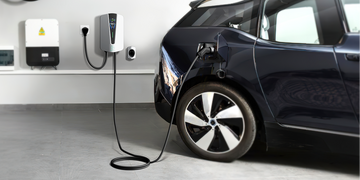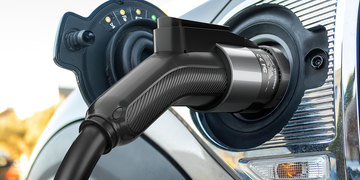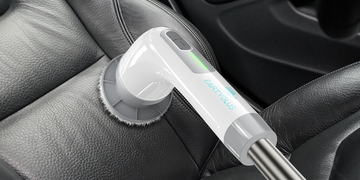Is it cheaper to charge EV at home? Yes, Charging an electric vehicle (EV) at home is often cheaper than using public charging stations. The cost of electricity for home charging is generally lower than the per-kilowatt-hour rates at public charging stations. Additionally, many EV owners take advantage of off-peak electricity rates at home to further reduce charging costs.
A significant advantage of owning an electric vehicle is the ability to charge it at home. But is it really cheaper to charge your EV at home compared to other charging options? In this article, we delve into the economics of home charging to explore the potential savings and factors that influence the overall cost.
1. Electricity Rates and Cost per Mile
Charging an EV at home allows owners to take advantage of their residential electricity rates. The cost of electricity varies widely based on location and utility providers. On average, home charging tends to be more cost-effective compared to public charging stations. Charging at home provides a stable and predictable cost per mile, offering financial predictability for EV owners.
2. Convenience and Accessibility
Home charging offers unparalleled convenience. Owners can plug in their EVs overnight or whenever it's most convenient for them, ensuring a fully charged battery each morning. This convenience can lead to more frequent charging, utilizing off-peak electricity rates and maximizing savings.
3. Public Charging Costs
While public charging stations offer flexibility for on-the-go charging, they often come with higher per-kilowatt-hour rates. Public charging costs can vary, and some charging networks may have additional subscription fees. For those who rely heavily on public charging, the cumulative costs may be higher compared to the consistent and lower rates available through home charging.
4. Time-of-Use Electricity Plans
Some utility providers offer time-of-use (TOU) electricity plans, where rates vary based on the time of day. EV owners can benefit from these plans by charging during off-peak hours when electricity rates are lower. This further enhances the cost-effectiveness of home charging and allows owners to align their charging habits with more economical rates.

5. Charging Infrastructure Costs
Investing in home charging infrastructure, such as a Level 2 charger, incurs an upfront cost. However, over time, the convenience and potential savings in electricity costs can outweigh this initial investment. Additionally, some governments and utility companies offer incentives or rebates to offset the cost of purchasing and installing home charging equipment.
6. Environmental Considerations
Beyond cost savings, home charging aligns with the environmental benefits of EV ownership. Charging at home allows owners to use renewable energy sources, further reducing their carbon footprint. Public charging stations may vary in terms of their energy sources, and some may rely on conventional power grids.
The cost of charging an electric vehicle (EV) at home using a Level 2 charger depends on various factors, including the electricity rate in your area, the efficiency of your charger, and the capacity of your EV's battery.
How much does a Telgeoot Level 2 EV Charger cost to charge at home?
Charging stations are authorized to display the UL Mark, has been equipped with multiple safety protections, Over Voltage protection, Overload protection, Short Circuit protection, Ground protection, Earth Leakage protection. This ev charging station unit can operate in environments of -30℃ to 55℃ (-22°F to 131°F). The connector operating life is up to 10000 times. Allows to adjust charging current range from 1 to 48A, level 2 EV 240V 11kw home charger can work 7X faster than a normal Level 1 chargers, Say goodbye to long charging times.
To estimate the cost of charging your EV at home with a Telgeoot Level 2 charger, you can use the following formula:
Cost = Charging Power (kW) × Charging Time (hours) × Electricity Rate (per kWh)
For example, if you have a Level 2 charger with a power rating of 7 kW, and you charge your EV for 4 hours at an electricity rate of $0.12 per kWh:
Cost = 7 kW × 4 hours × $0.12/kWh = $3.36
Is it cheaper to charge EV at home? Charging an electric vehicle at home with a Telgeoot Level 2 charger is a convenient and cost-effective solution for many EV owners. By understanding the factors influencing charging costs and implementing strategies to optimize those costs, you can enjoy the benefits of home charging while keeping expenses in check. As the electric vehicle landscape continues to evolve, staying informed about charging options and costs will be key for a seamless and economical EV ownership experience.





